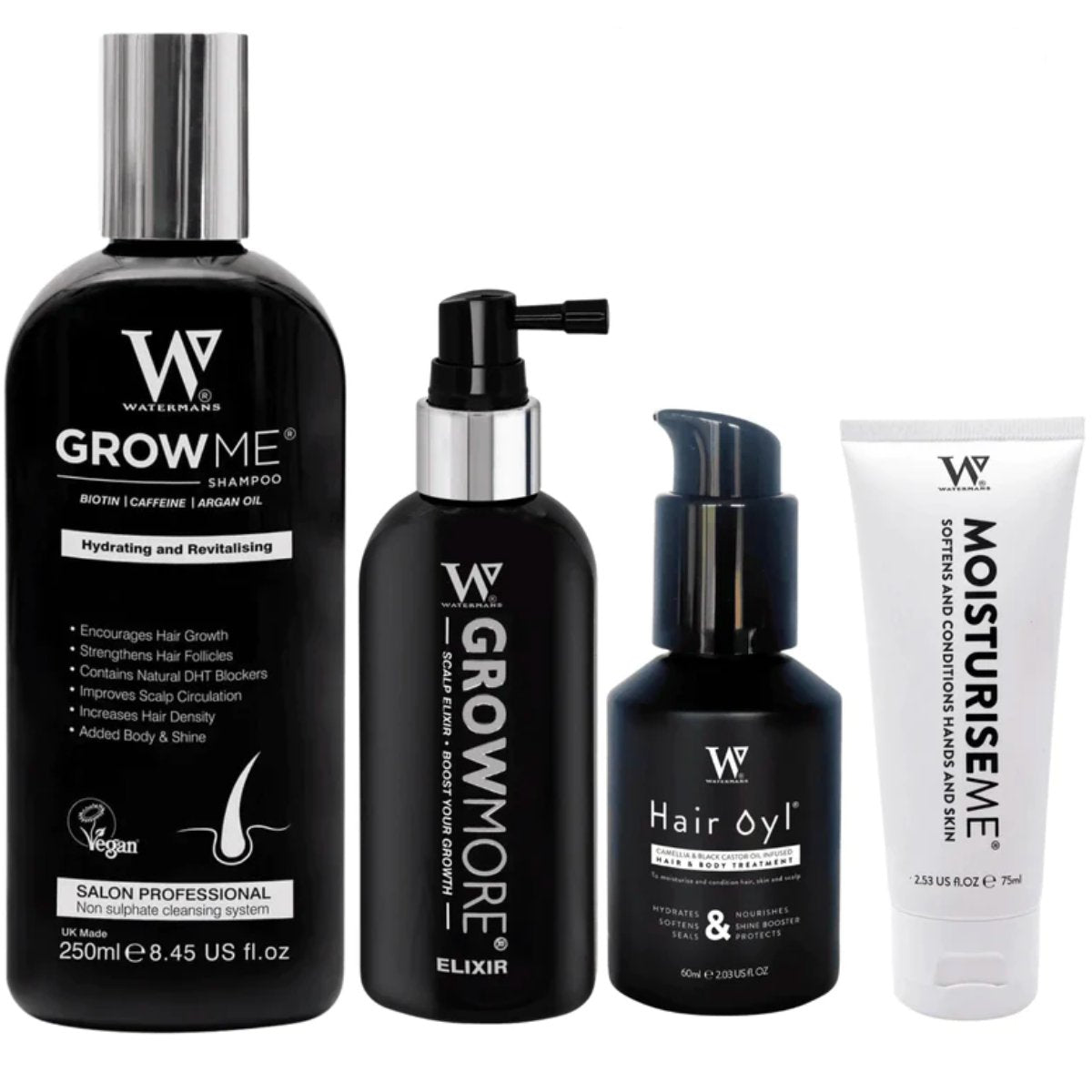
Unveiling the Truth: Is Formula Milk a Hidden Trap for Parents? Insights from a Pediatric Expert
Parenting comes with countless questions and concerns, especially when it comes to feeding your newborn. One of the most debated topics is the use of formula milk versus breastfeeding. While formula milk is often seen as a convenient alternative, pediatric experts warn that it may sometimes create more problems than solutions. In this article, we explore valuable insights shared by a pediatrician regarding the potential pitfalls of formula milk and how understanding your baby’s feeding cues can make all the difference.
Why Mother’s Milk Is Optimal for Babies
Breast milk is uniquely designed to meet a newborn's digestive needs. It is easily digestible, which means that babies can absorb nutrients quickly and feel satisfied sooner. This is a natural advantage because it keeps the baby well-nourished without causing excessive fullness or discomfort.
In contrast, formula milk takes longer to digest. This delayed digestion can lead to babies feeling full for extended periods but still uncomfortable or unsettled. Understanding the digestive differences between breast milk and formula is essential in interpreting your baby's behavior around feeding time.
The Koliki Phase: What Every Parent Should Know
A critical concept highlighted by pediatricians is the "koliki phase." This phase usually peaks around six weeks postpartum and tends to subside by the time the baby reaches three months.
What Is the Koliki Phase?
During this phase, babies often exhibit periods of intense crying and fussiness, particularly in the evening and early night hours. The discomfort is not necessarily related to hunger but could be due to digestive issues, gas, or the baby’s natural development process.
How Does It Affect Feeding?
Because babies seek the nipple for comfort during this phase, parents often mistake crying for hunger. This leads to frequent feeding attempts, sometimes resulting in overfeeding. Babies might drink milk even when their stomachs are full, causing further discomfort and fussiness.
The Hidden Trap: Formula Milk and Misinterpreted Hunger Cues
A common mistake parents make is assuming their milk supply is inadequate when their baby cries frequently during the koliki phase. This often leads to supplementing breastfeeding with formula milk.
However, introducing formula can disrupt breastfeeding patterns and digestion because:
- Formula is harder to digest: Babies take longer to process formula, increasing discomfort.
- Overfeeding risk: Babies might receive more milk than needed, as formula feeding can be less self-regulated.
- Breastfeeding interference: Supplementing with formula can reduce breast stimulation, potentially decreasing milk supply.
Therefore, formula milk can unintentionally become a “trap” that complicates feeding, causes more distress for the baby, and frustrates parents.
Tips for Parents Navigating Feeding Challenges
- Observe Hunger Cues Carefully: Understand that crying during koliki is not always hunger.
- Patience During the Koliki Phase: Remember, this phase is temporary and usually passes by three months.
- Seek Professional Guidance: Pediatricians can provide personalized advice to help address feeding concerns.
- Avoid Early Formula Supplementation: Whenever possible, try to maintain breastfeeding to capitalize on its digestion benefits and nutritional superiority.
Conclusion
While formula milk remains a valuable resource when breastfeeding is not possible, it is important for parents to recognize its limitations and potential side effects. Misinterpreting your baby's cries and feeding cues can lead to overfeeding and discomfort, especially during the koliki phase. Educating yourself with expert insights can help you make informed decisions that promote your baby's well-being and your peace of mind.
For those interested in maintaining healthy hair and lifestyle routines while focusing on family health, exploring quality hair products might be a worthwhile addition to your self-care regimen.
Understanding the subtle differences in your baby's needs and the effects of feeding options is essential in navigating early parenthood with confidence.













